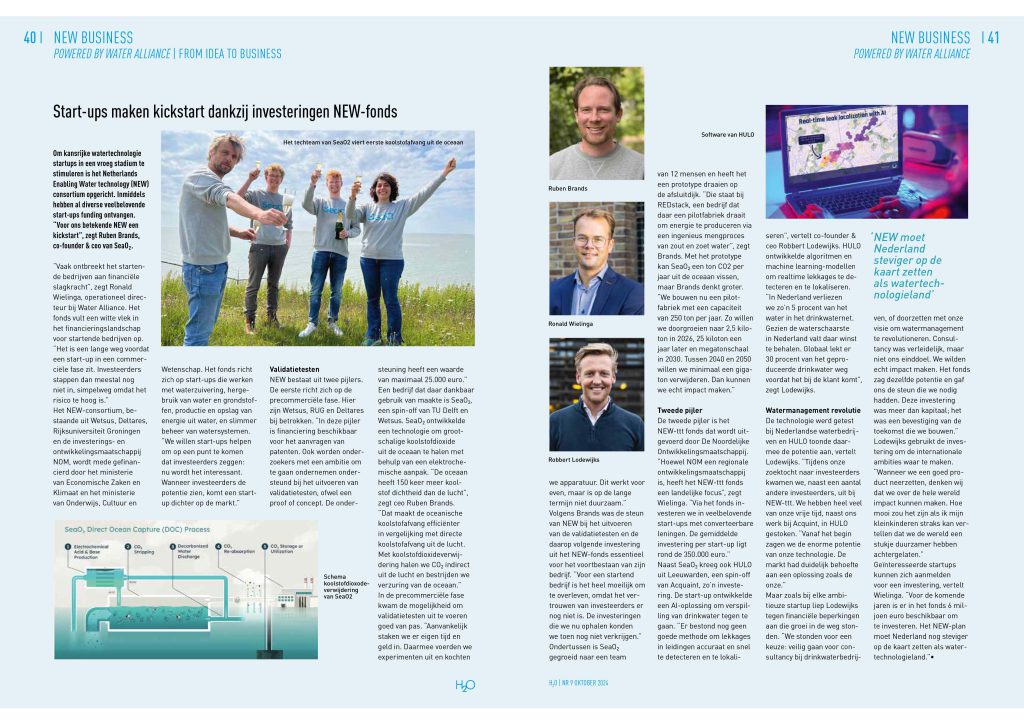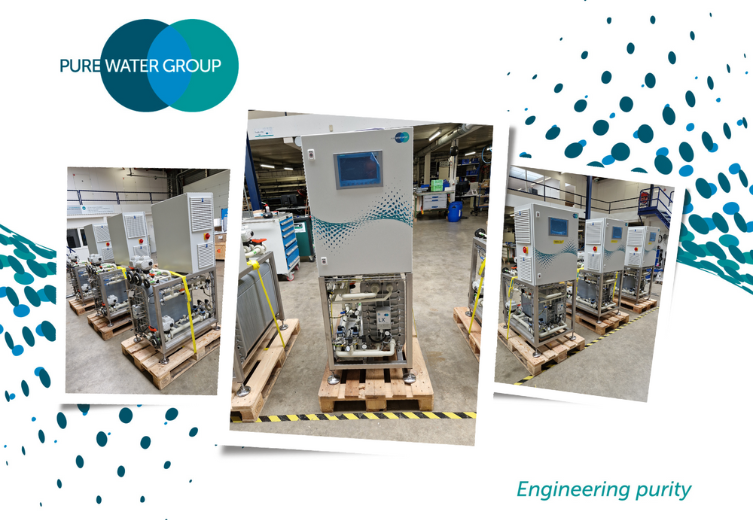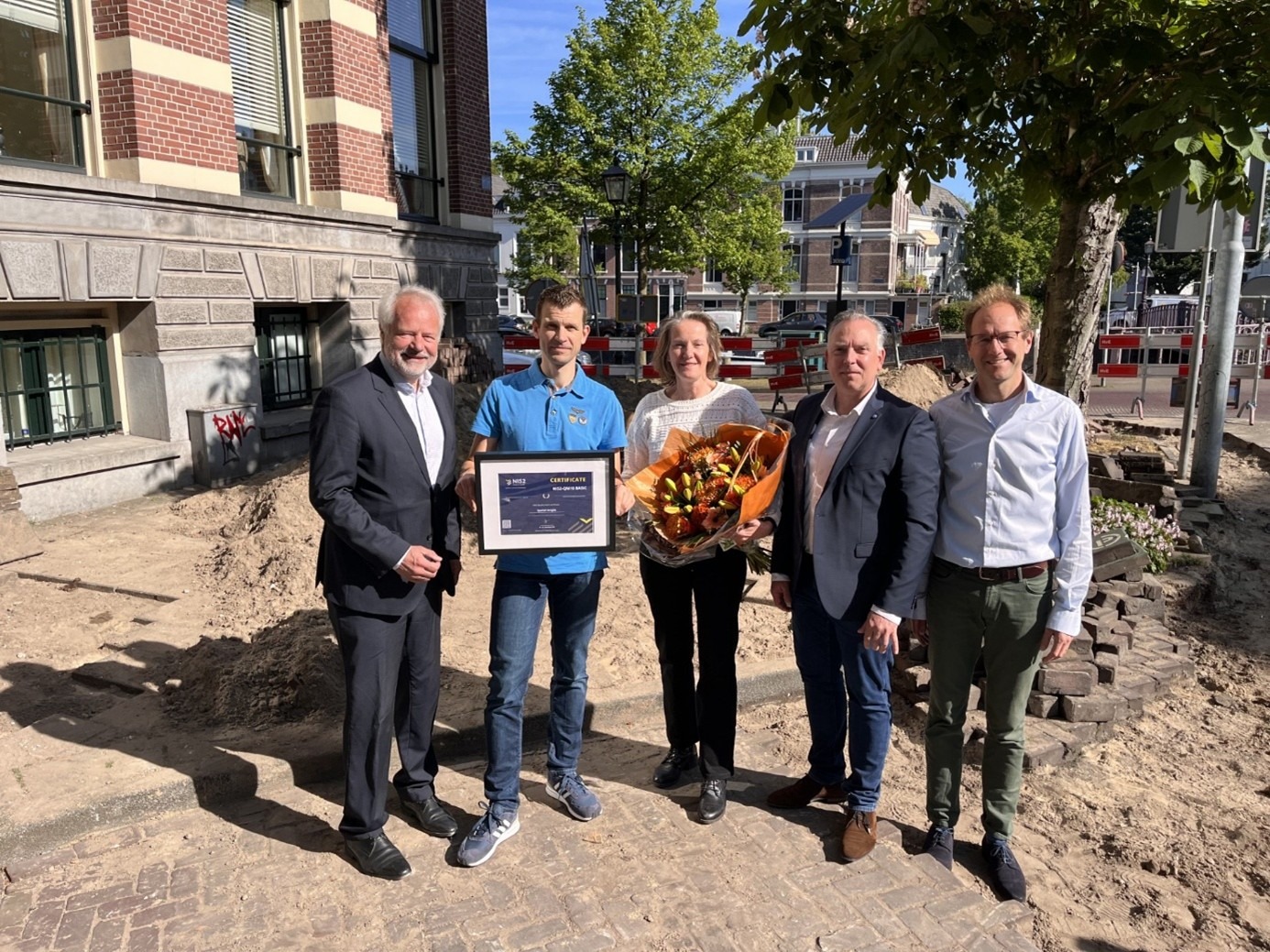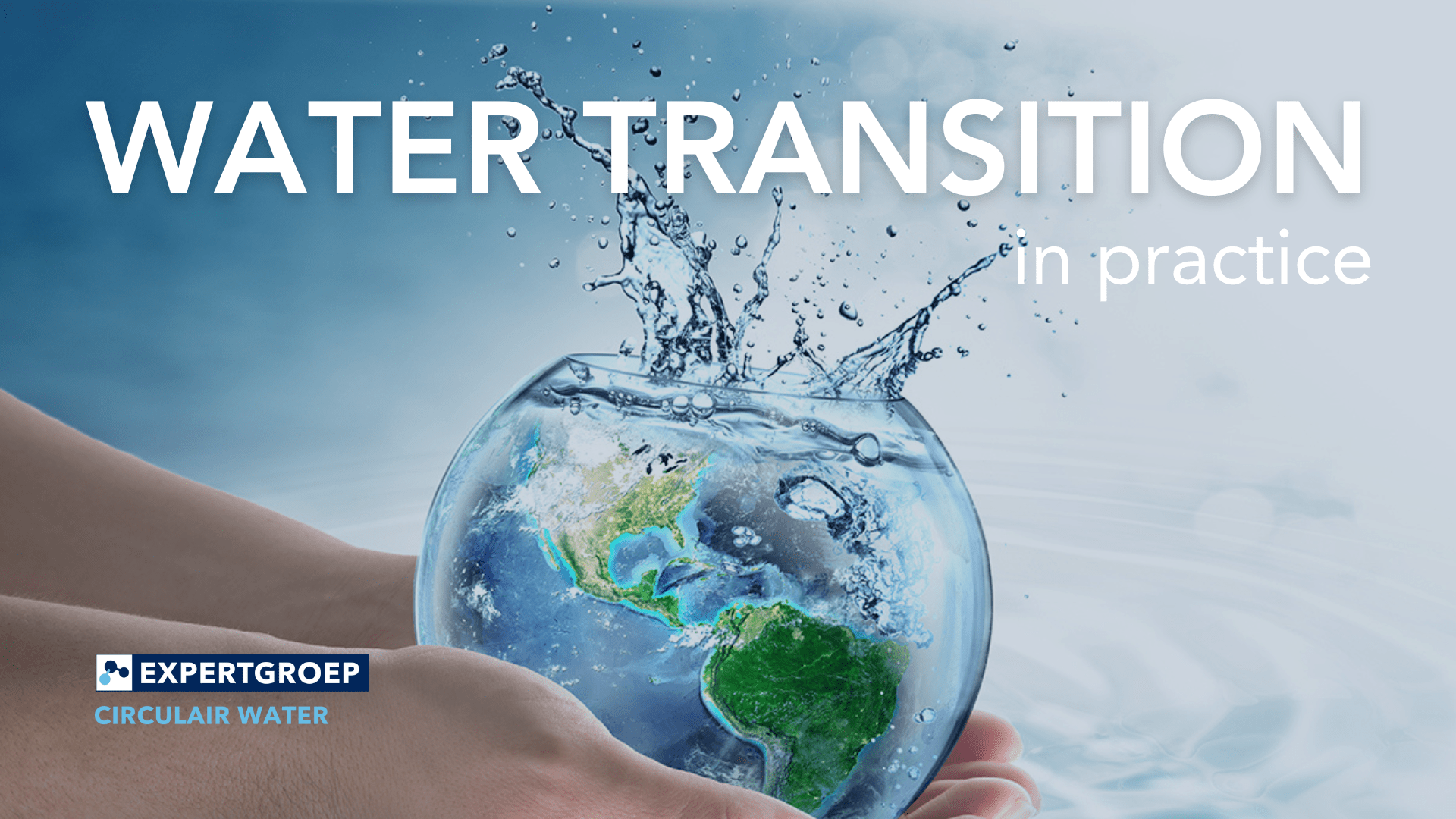To support promising water technology startups at an early stage, the Netherlands Enabling Water Technology (NEW) consortium was established. Several promising startups have already received funding. “For us, NEW was a kickstart,” says Ruben Brands, co-founder and CEO of SeaO2.
“Startups often lack the financial resources to get started,” notes Ronald Wielinga, COO of Water Alliance. The fund fills a critical gap in the funding landscape for new businesses. “It’s a long road before a startup reaches a commercial phase. Investors typically don’t step in yet because the risk is too high.”
The NEW consortium includes Wetsus, Deltares, the University of Groningen, and the Northern Netherlands Development Agency (NOM), with additional funding from the Dutch Ministry of Economic Affairs and Climate Policy and the Ministry of Education, Culture, and Science. The fund targets startups focusing on water purification, water and resource reuse, energy production and storage from water, and smarter water system management.
“We aim to help startups reach a stage where investors find them interesting,” explains Wielinga. “When investors recognize the potential, startups get closer to entering the market.”
Validation Testing
NEW operates on two pillars. The first focuses on the pre-commercial phase, involving Wetsus, the University of Groningen, and Deltares. “This pillar provides funding for patent applications and supports researchers with entrepreneurial ambitions to conduct validation tests or proof-of-concept experiments, up to a maximum value of €25,000.”
One company that benefitted greatly from this is SeaO2, a spin-off of TU Delft and Wetsus. SeaO2 has developed a technology to remove large-scale carbon dioxide from the ocean using an electrochemical approach. “The ocean contains 150 times more carbon density than the air,” says CEO Ruben Brands. “This makes oceanic carbon capture more efficient than direct air capture. By removing carbon dioxide, we indirectly reduce CO2 in the air while combating ocean acidification.”
During the pre-commercial phase, validation tests proved invaluable. “Initially, we invested our own time and money to conduct experiments and purchase equipment. That works for a while, but it’s not sustainable in the long run,” says Brands. Support from NEW for validation tests and subsequent investment was essential for SeaO2’s survival. “For a startup, it’s very challenging to survive when investor confidence hasn’t been established yet. The investments we’re now securing weren’t attainable back then.”
SeaO2 has since grown to a team of 12 and operates a prototype on the Afsluitdijk. “It’s hosted by REDstack, a company running a pilot plant there to generate energy from the mixing of salt and fresh water,” Brands explains. SeaO2’s prototype can remove a ton of CO2 from the ocean annually, but the company has bigger ambitions. “We’re now building a pilot plant with a capacity of 250 tons per year. We aim to scale up to 2.5 kilotons in 2026, 25 kilotons the following year, and reach megaton-scale by 2030. By 2040–2050, we aim to remove at least one gigaton, making a significant impact.”
The Second Pillar
The second pillar is the NEW-ttt fund, managed by the Northern Netherlands Development Agency (NOM). “Although NOM is a regional agency, the NEW-ttt fund has a national focus,” says Wielinga. “Through the fund, we invest in promising startups with convertible loans. The average investment per startup is around €350,000.”
Startups like SeaO2 and HULO have received such investments. HULO, a spin-off from Acquaint in Leeuwarden, developed an AI solution to combat drinking water waste. “There was no accurate and efficient method to detect and locate leaks in pipelines,” explains co-founder and CEO Robbert Lodewijks. HULO created algorithms and machine learning models for real-time leak detection. “In the Netherlands, about 5% of drinking water is lost in the supply network. Given our water scarcity, this is an area for improvement. Globally, 30% of produced drinking water is lost before reaching customers.”
Revolutionizing Water Management
HULO tested its technology with Dutch water companies, demonstrating its potential. “In our search for investors, we eventually came to NEW-ttt,” says Lodewijks. “From the start, we saw the enormous potential of our technology and the market demand for such a solution.”
However, like many ambitious startups, financial constraints hindered HULO’s growth. “We faced a choice: safely pursue consultancy work with water companies or push forward with our vision to revolutionize water management. Consultancy was tempting, but not our end goal. We wanted real impact.”
The NEW fund shared their vision and provided the necessary support. “This investment wasn’t just capital; it was validation for the future we’re building,” says Lodewijks. The funding is now helping HULO realize its international ambitions. “If we deliver a strong product, we believe we can make a global impact. How great would it be to tell my grandchildren one day that we helped make the world a bit more sustainable?”
Interested startups can apply for funding, says Wielinga. “Over the next few years, the fund has €6 million available for investment. The NEW initiative aims to further establish the Netherlands as a leader in water technology.”
New Business is a recurring column in H2O Magazine, published four times a year, focusing on (Dutch) innovations in water technology. It includes an introduction by Water Alliance Director Hein Molenkamp and showcases various companies.





